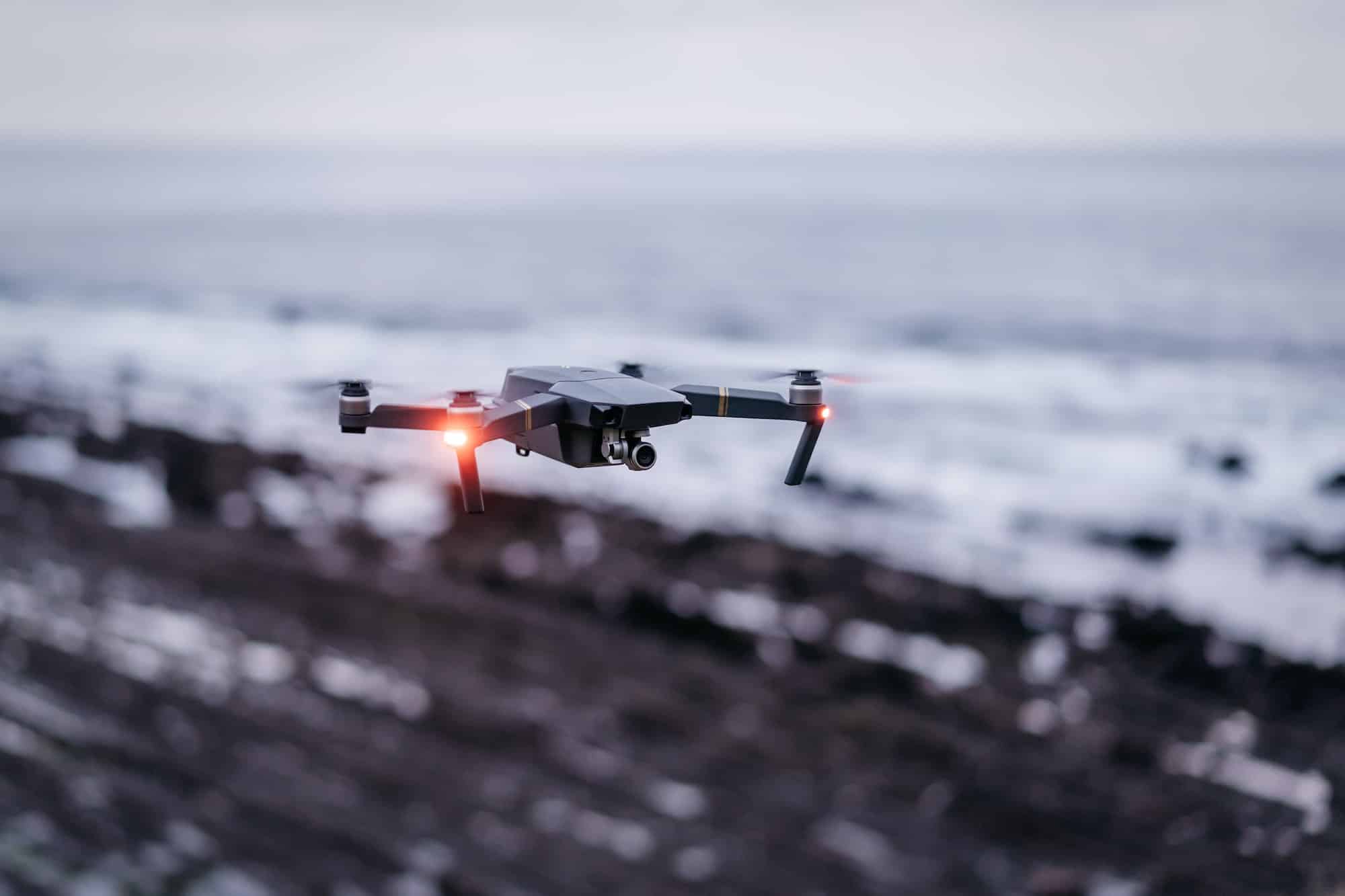The application of drone technology is not just limited to aerial photography or surveillance operations. It has entered various domains, including farming and agriculture. In recent years, drones, or Unmanned Aerial Vehicles (UAVs), have been increasingly used in the agricultural sector, revolutionizing traditional farming methods. In the United Kingdom, the agricultural industry is witnessing a significant shift towards precision farming facilitated by drones. This article aims to explore how UK agricultural businesses can employ drones for precision livestock farming.
Drones in Agricultural Farming
Before delving into the specific application of drones in livestock farming, let’s understand the broader picture of the usage of drones in agriculture. Drones are not a recent phenomenon; however, their adoption in the farming industry is fairly new, driven by the advent of advanced sensors and data processing capabilities.
In parallel : What Are the Steps for Creating GDPR-Compliant Email Marketing Campaigns in the UK?
Drones can be used for various agricultural processes such as soil monitoring, crop health assessment, irrigation management, and pest detection. They provide real-time, high-resolution images that allow farmers to monitor their fields from a bird’s-eye view, making it possible to detect issues early and take necessary action promptly.
The popular drone models used in agriculture include, but are not limited to, the DJI Phantom 4 Pro and DJI Matrice 100. These drones are equipped with advanced cameras and sensors that can capture comprehensive data about the farm and crops.
Topic to read : What Are the Effective Techniques for Authentic Storytelling in UK Craft Beer Branding?
Precision Livestock Farming with Drones
In the context of livestock farming, the application of drones goes beyond just monitoring. They play a vital role in precision livestock farming, a modern farming practice aimed at improving the management of livestock by continuously monitoring their health and needs using technology.
Drones equipped with thermal sensors can monitor the body temperature of animals, detecting any signs of disease. This technology eliminates the need for time-consuming and labor-intensive manual checks. Drones can also monitor livestock’s feeding habits, identify any changes, and alert farmers to potential issues.
Additionally, drones are effective in tracking livestock’s location, especially in vast farmlands, saving farmers significant time and effort. For instance, the DJI Matrice 100, with its advanced GPS system, is capable of locating and tracking livestock accurately.
Data Management and Decision Making
One of the major benefits of using drones in agriculture is the ability to collect and analyze vast amounts of data. Effective data management is crucial in precision livestock farming. Drones generate a considerable amount of data, which, when analyzed, yields vital insights about the livestock’s temperament, health, and productivity.
For instance, drones can monitor the livestock’s weight gain and growth, providing valuable data that can influence the farmer’s breeding and feeding decisions. This data-driven approach ensures more accurate decision-making, leading to increased productivity and profitability.
Data from drones can also be integrated with other farm management systems, providing a comprehensive view of the entire farm operations. This integration enables the seamless flow of data, ensuring the best possible decisions are made, based on current and accurate information.
Challenges and Regulatory Aspects
While drones bring immense benefits to livestock farming, there are several challenges that need to be addressed. Key issues include the need for technical expertise to operate drones, the risk of drones causing stress to animals, and concerns about data security.
Moreover, the use of drones is regulated by the Civil Aviation Authority (CAA) in the UK. Agricultural businesses must adhere to these regulations when using drones, which include restrictions on flying height, distance from people, and night-time operations. Understanding and complying with these rules is essential to operate drones legally and safely.
Future Prospects of Drones in Agriculture
The future of drones in agriculture looks promising, with continued advancements in technology and a growing acceptance of their utility. The integration of Artificial Intelligence (AI) and Machine Learning (ML) technologies with drones is expected to further enhance the capabilities of precision livestock farming.
For instance, predictive analytics powered by AI can help anticipate health issues or diseases in livestock, enabling preventive measures to be taken. Similarly, ML can help in identifying patterns in livestock behavior, leading to improved farm management.
Despite some challenges and regulatory hurdles, it is clear that drones have a significant role to play in the advancement of agricultural practices. UK agricultural businesses that embrace this technology stand to gain from improved livestock management, increased productivity, and operational efficiencies.
Advanced Solutions: From Drone Technology to Precision Agriculture
The gradual shift from traditional to precision agriculture signifies the advent of advanced solutions in the farming industry. Drone technology, in particular, has emerged as a game changer, steering the course of livestock farming towards increased efficiency and productivity.
One of the advanced solutions that drone technology brings to the table is real-time monitoring. With high resolution visual and thermal cameras, drones can capture detailed images and video footage, providing farmers with real-time insights into the health and behaviour of their livestock. This enables them to take swift action, if necessary, and ensures the wellbeing of their animals.
Moreover, drones can help farmers in crop management. Through crop monitoring, farmers can identify the areas that require additional attention, such as those affected by pests or diseases. By ensuring the health of their crops, farmers can secure a steady food supply for their livestock and optimise the overall productivity of their farm.
The use of fixed-wing or multi-rotor agricultural drones in livestock farming also reduces the need for manual labour. For instance, drones can be used for herding livestock, thus saving time and manpower. This efficiency in livestock management not only reduces costs but also contributes to the sustainability of farming operations.
Furthermore, drones facilitate data collection, a critical aspect of precision farming. Armed with various sensors, drones can gather data about soil conditions, weather patterns, crop health, and more. The collected data can then be analysed to make data-driven decisions that can enhance agricultural productivity.
Conclusion: Revolutionising UK Agriculture with Drones
In conclusion, drone technology is undeniably revolutionising the landscape of UK agriculture. From real-time monitoring of livestock to data-driven crop management, drones are redefining the ways in which farming is conducted.
Despite some challenges such as the need for technical expertise, potential stress to animals, and regulatory compliance, the benefits offered by drones in agriculture far outweigh the hurdles. As drones become more advanced, integrating technologies like Artificial Intelligence and Machine Learning, the potential for precision farming will only increase.
UK agricultural businesses that harness drone technology for precision livestock farming can look forward to greater efficiencies, improved livestock management, and increased productivity. The use of drones in agriculture is not just a trend, but a transformative tool that is poised to shape the future of farming.
In an era where technology is at the heart of every industry, the integration of drones in agriculture signifies a step forward in embracing innovation. From livestock monitoring to crop health assessment, the capabilities offered by agricultural drones are diverse and significant. As drone technology continues to evolve and mature, it is anticipated to bring about a new era of precision farming that is more productive, efficient and sustainable.











